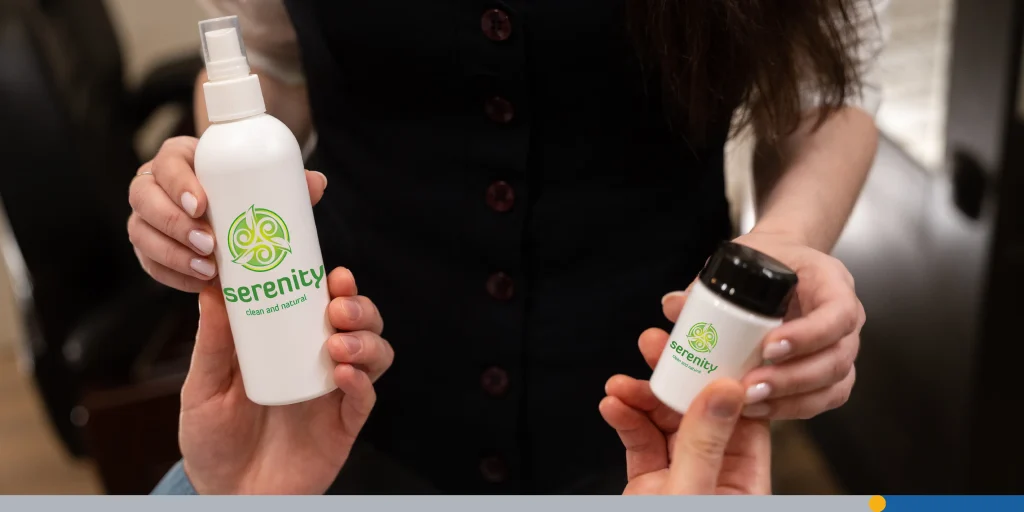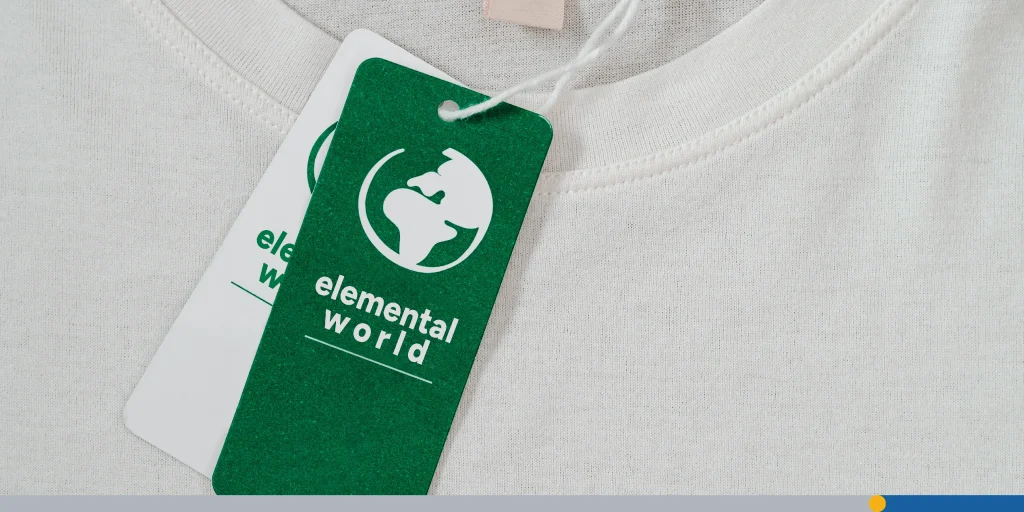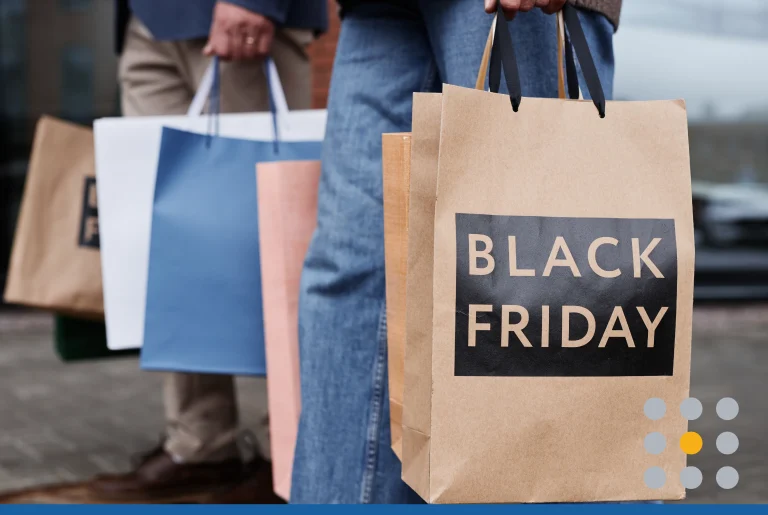In a hyper-competitive marketplace, small businesses are always on the hunt for ways to stand out, boost profits, and build loyal customer bases. Enter private label web services; a game changer that’s leveling the playing field for small retailers, online stores, and service providers. If you’ve ever wondered how your favorite store brand items or that unique pet food at your local pet store came to be, chances are you’ve encountered the magic of private label products.
Let’s dive into how private label brands are transforming the world for small businesses, making it fun, profitable, and, yes, a little bit more human.
- What Is Private Label, Anyway?
- Why Private Label? The Big Advantages
- Real-World Examples: Private Label in Action
- Private Label Web Services: The Digital Twist
- Why Small Businesses Love Private Label Web Services
- Private Label vs. National Brands: A Quick Comparison
- Private Label in Different Industries
- How to Start Your Own Private Label Line
- Quality Matters: Ensuring Excellence in Private Label
- Overcoming Common Challenges

What Is Private Label, Anyway?
Imagine you walk into a grocery store and grab a bag of chips with the store’s own branding, not a flashy national brand. Or maybe you buy a bottle of shampoo with a boutique’s label, not a big name you see on TV.
That’s private label in action: products manufactured by one company but sold under another company’s brand. Most retailers, from pet stores to clothing boutiques, now carry private label goods, also known as store brands, alongside established brands.
But private label isn’t just for physical goods. In the digital age, private label web services, such as website design, SEO, digital marketing, and eCommerce solutions, are empowering small businesses to offer branded products and services without the heavy lifting of in-house development or manufacturing.
Why Private Label? The Big Advantages
Let’s break down the key benefits that make private label a no-brainer for many small businesses:
1. Higher Profit Margins for (Small) Businesses
Private label products and services usually mean better profit margins. Why? Because you’re skipping the expensive middlemen and big-brand markups. You can set your own prices, keep costs under control, and enjoy the flexibility to adjust according to your market.
2. Complete Brand Control
With private label, you’re in the driver’s seat. You control everything from packaging and design to marketing and sales. Want your pet food line to have eco-friendly bags? Or your skincare products to feature your store’s logo? No problem; you can customize almost every detail.
3. Quick Market Adaptation
Trends move quickly, and private labeling lets you stay ahead. While established brands might take months (or years) to launch a new product, private label lines can pivot quickly. If your customers want gluten-free pet treats or a new personal care scent, you can respond and launch faster than the big guys.
4. Reduced Competition
Store brand products are exclusive to your business. That means you’re not fighting for shelf space or online attention with national brands. You can carve out your own niche, build a dedicated customer base, and avoid the price wars that come with selling the same products as everyone else.
5. Customer Loyalty & Brand Recognition
When customers love your private brand, they come back for more, and they can only get it from you. This exclusivity builds loyalty, which is gold for any small business. Over time, your private label can become as recognizable as the established brands you once admired.
6. Cost-Effectiveness
Private label is often more affordable than developing your own product from scratch or carrying only brand-name products. You save on research, development, and sometimes even marketing, since you can piggyback on the manufacturer’s expertise and focus on your own audience.
How Does Private Label Work?
Here’s the behind-the-scenes scoop: one company (the manufacturer) produces the product, which is then sold under another company’s (the retailer’s) brand. Many retailers, ranging from small businesses to giants like Costco and Amazon, utilize this model to offer a wide range of products, including pet food, clothing, and personal care items.
You don’t need a factory or a tech team. Simply connect with a manufacturer or service provider, specify your requirements, and they handle the production or service delivery. You get the finished product, slap your branding on it, and sell it to your customers, online or in-store.
Real-World Examples: Private Label in Action
Let’s take a look at some familiar examples and how small businesses can take a page from their playbook:
- Kirkland Signature (Costco): Costco’s private label line is legendary, covering everything from olive oil to pet food. It’s a classic example of how a retailer can offer high-quality, lower-priced alternatives to national brands and build a loyal following in the process.
- Amazon Basics: Amazon’s private label line includes electronics, home goods, and pet supplies. These products are often manufactured by the same companies that make national brands, but are sold at lower prices under Amazon’s own brand.
- PetSmart’s Simply Nourish: This private label pet food line focuses on natural ingredients and has become a trusted choice for pet owners, competing directly with established brands.
- Trader Joe’s: Around 80% of Trader Joe’s inventory is private label, allowing them to offer unique products and maintain strong customer loyalty.
Small businesses can replicate this model on a smaller scale, whether it’s launching a private label skincare line, a unique pet food blend, or branded digital services.
Private Label Web Services: The Digital Twist
While private label products are everywhere, private label web services are the digital world’s answer to the same challenge. Here’s how it works:
- A web agency or service provider develops a website, app, or marketing service.
- A small business buys the service, rebrands it as its own, and offers it to its clients or customers.
- The end user sees only the small business’s branding; never the original developer’s name.
This approach lets small businesses expand their offerings, compete with larger agencies, and build their own brand reputation, without hiring a team of developers or designers.

Why Small Businesses Love Private Label Web Services
- Lower startup costs: No need to invest in expensive infrastructure or hire a large staff.
- Faster time-to-market: Launch new services quickly and keep up with digital trends.
- Brand building: Offer a full suite of branded services to your clients, strengthening your reputation.
- Focus on what you do best: Let the experts handle the tech, while you focus on sales, marketing, and customer relationships.
Private Label vs. National Brands: A Quick Comparison
| Feature | Private Label (Store Brand) | National Brands (Branded Products) |
| Sold by | Retailer or small business | Manufacturer or established brand |
| Produced by | Manufacturer (often the same company as national brands) | Manufacturer |
| Branding | Retailer’s own brand | Manufacturer’s brand |
| Price | Usually lower | Usually higher |
| Customization | High—tailored to retailers’ needs | Low—standardized |
| Exclusivity | Only available at one retailer | Widely available |
| Marketing | Controlled by the retailer | Controlled by the manufacturer |
| Customer loyalty | Builds loyalty to the retailer | Loyalty to the brand |
| Examples | Kirkland, Amazon Basics, Trader Joe’s | Coca-Cola, Nike, Purina |

Private Label in Different Industries
The private label path isn’t just for snacks and shampoos. Here’s how it’s making waves across various sectors:
Pet Food & Pet Products
Pet stores and online retailers are increasingly offering private-label pet food, treats, and accessories. These products can be customized for ingredients, packaging, and even functional features like joint support or grain-free formulas. Examples include PetSmart’s Simply Nourish and Chewy’s American Journey.
Personal Care & Beauty
From skincare to shampoos, private label lets small businesses offer high-quality, customized products under their own brand. Manufacturers handle the production, and retailers focus on branding and customer relationships.
Clothing & Apparel
Many online clothing retailers use private label garment manufacturers to create unique designs, custom fits, and exclusive collections that set them apart from national brands.
Digital Services
Private label web services enable agencies and small businesses to offer web design, SEO, and marketing under their own brand, expanding their offerings without having to build everything from scratch.
A clean, easy-to-navigate website is essential for establishing credibility before you begin offering branded services to others. Building this professional storefront doesn’t have to be complex; services like the Website Builder offered by FreeLogoServices are designed to help small businesses achieve that credible online presence easily.

How to Start Your Own Private Label Line
Thinking about launching your own private brand? Here’s a step-by-step guide to get you started:
- Research your market: Identify what your customers want, what’s missing in the market, and which products or services you can offer that national brands don’t.
- Find a reliable manufacturer or service provider: Look for partners with a proven track record, good quality control, and the ability to customize products or services to your needs.
- Design your brand: Create a memorable logo, packaging, and marketing materials that reflect your business’s personality and values. Using a tool like FreeLogoServices’ Online Logo Maker can give you a professional look on a small budget, setting the foundation for your private label’s packaging and online presence.
- Set your prices: Take advantage of lower production costs to offer competitive prices or higher margins.
- Launch and market: Use social media, email marketing, and in-store promotions to introduce your private label line to your customers. Remember that traditional networking tools, too, having professionally designed business cards ready with your new brand identity, helps legitimize your product line when talking to potential partners or customers. Use FreeLogoServices’ Business Card Maker to get started.
- Gather feedback and adapt: Listen to your customers, track sales, and be ready to tweak your offerings to meet changing demands.

Quality Matters: Ensuring Excellence in Private Label
Quality is everything in private label. Choose manufacturers who follow good manufacturing practices (GMP) and have strong quality control systems. Ask for samples, check certifications, and make sure your products meet industry standards. Your reputation and your customers’ loyalty depend on it.
Overcoming Common Challenges
- Supply chain disruptions: Work with multiple suppliers in different locations to avoid delays and shortages.
- Minimum order quantities: Some manufacturers offer low minimums, making it easier for small businesses to start small and scale up.
- Building trust: Transparency, quality, and great customer service are key to winning over customers who might be used to national brands.
Conclusion
Private label web services and products are a powerful way for small businesses to compete, grow, and thrive in today’s marketplace. Whether you’re dreaming of launching your own private label line of pet food, personal care items, or digital services, the advantages are clear: higher margins, brand control, customer loyalty, and the ability to respond quickly to market trends.
With the right partners, a focus on quality, and a dash of creativity, your small business can build a private brand that stands tall alongside the biggest names in the industry. The world of private label is wide open—so why not make your mark?
Ready to get started? Your brand, your rules, your success. The private label revolution is here, and small businesses are leading the charge.
FREQUENTLY ASKED QUESTIONS
What exactly is a private label product?
A private label product is manufactured by one company and sold under another company’s brand name. The retailer controls the branding, packaging, and marketing, while the manufacturer handles production.
How does private label differ from white label?
Private label products are exclusive to one retailer and can be customized. White label products are generic and sold to multiple retailers, usually with little to no customization.
Are private label products lower quality than national brands?
Not at all! Many private label products are made by the same manufacturers as national brands, often with similar or even higher quality standards.
What are some examples of private label brands?
Kirkland Signature (Costco), Amazon Basics, Trader Joe’s, and PetSmart’s Simply Nourish are all private label brands.
Can small businesses really compete with established brands?
Absolutely. Private label allows small businesses to offer unique products, control pricing, and build strong customer loyalty, sometimes outshining national brands in niche markets.
What are the startup costs for a private label?
Costs vary, but private label is generally more affordable than developing your own product from scratch. Some manufacturers offer low minimum order quantities, making it accessible for small businesses.
How do I choose a private label manufacturer?
Look for experience, quality certifications, customization options, and positive reviews. Ask about minimum order quantities, pricing, and production timelines.
What about private label web services?
Private label web services let you offer digital solutions under your own brand, without the need for in-house development. It’s a great way to expand your offerings and build your reputation in the digital space.


